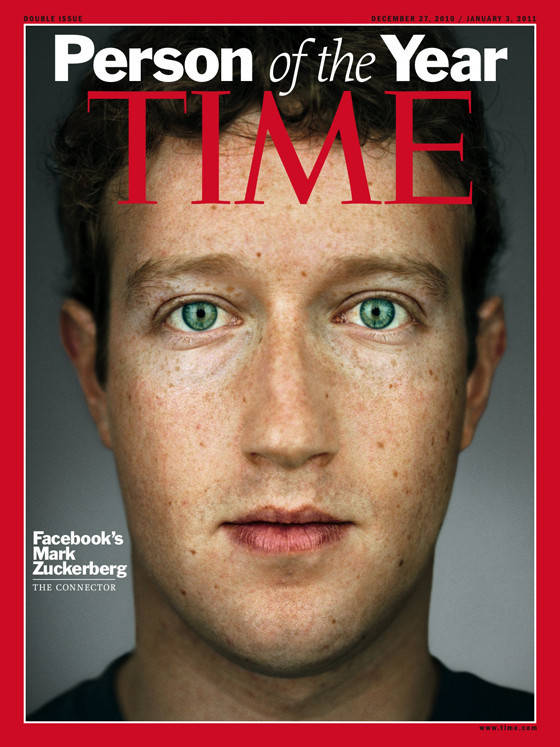I made the following predictions in 2010, how did I do?
1. Uptake of SharePoint 2010 will be slow: reason, few new features at cost of requiring 64 bit conversion.
Reality a year later, I was pretty accurate on this one.
2. SharePoint 2010 though will be taken up more as a Cloud. With cuts made recently in staff and IT how many firms really have the ability to migrate to 64 bit server farms. And who really can use the new technologies to reduce carbon footprint. SharePoint 2010 I believe will mark the point at which SharePoint becomes a Cloud product.
Reality a year later, can you say Office 365 or BPOS, Microsoft seems to be pursuing a Cloud SharePoint 2010 strategy.
3. Virtual World market will become highly profitable, via the sale of virtual goods.
Reality a year later, probably I over stated my case on this one.
4. More and more small devices like iPods, iSlates, Droids, eReaders and other will put pressure on the netbook market, but the netbooks will survive by becoming as rich as current laptops. That is the line between netbook and laptop will blur as laptops get smaller. This prediction comes from my back having lugged a laptop around too long.
Reality a year later: netbooks are under pressure, Apple and Google have released much smaller lap tops that are more like netbooks. I give my self this one.
5. Azure will not do well. From people I have spoken too its just not a competitive Cloud offering.
Reality a year later: too early to tell.
6. Jobs in IT will start to rebound and boom. After doing some recent work with OSGrid I am struct by the massive amounts of manual work that will need to be done in VR, augment reality, and Semantic Web, and India and Brazil won't be able to consume it all. The next 5 years will be about both booming IT in the developed and developing world.
Reality a year later: I think from what I see there is a lot of work in IT still, and a lot of unfilled positions.
7. Windows 7 takes wind out of sale of Linux. Just saying, not celebrating or cheering, but I could not find even an Eee PC with Linux for sale anywhere in London high streets this Christmas. And that is despite Linux having a far better offering right now.
Reality a year later: I never saw much in the way of Linux desktops. I still use Linux but Windows 7 has taken my interest in it.
8. Augment Reality. This thing is going to be the biggest money maker yet on the web. There I said it. Not all next year but over the coming 10 the ability to reduce lines, facilitate interactions, find goods and services in your language, provide translations, spot threats, and keep social networks will make this huge.
Reality a year later: too early to say.
9. Bling vs. Google will be a windfall for content producers, including bloggers. Google presently has a monopoly of surfacing the web and placing ads in content, and they act like it. The rise of Bling will produce real competition in this space.
Reality a year later: I think I was wrong on this one.
10. 3D web will save the desk top. 2008-2009 was about the web you could see with one eye shut, 2010 will see the massive display and rich 3D web getting people back on their desktops.
Reality a year later: I am thinking I was wrong on this one. Companies are trying to push 3D but users are not going for it.



































